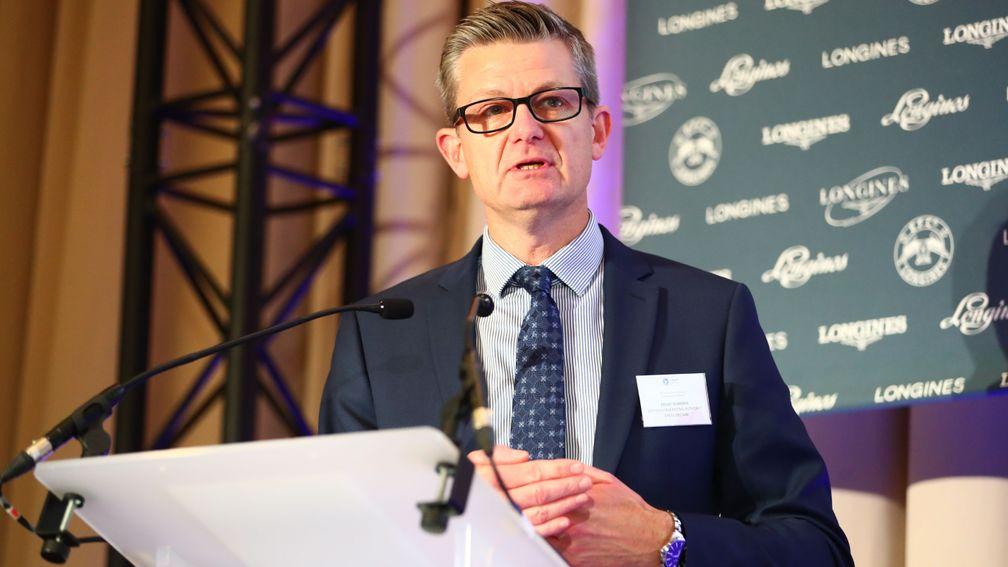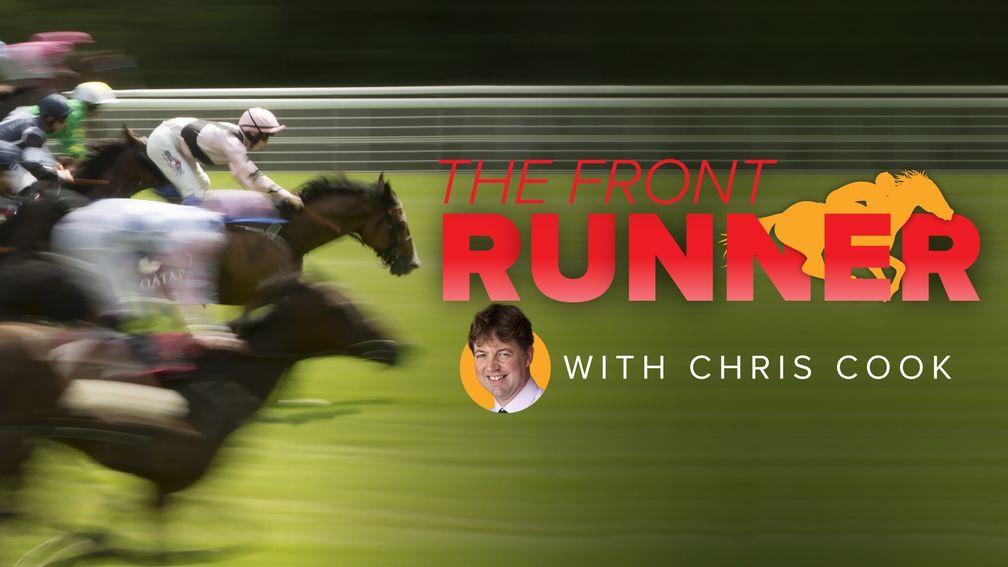Figures showing a massive rise in visits by UK punters to unlicensed bookmakers offering horseracing demonstrate that the threat of the black market is becoming reality, the BHA has said.
A report by the International Federation of Horseracing Authorities on anti-illegal betting and related crime found that the number of unique customers visiting 22 unlicensed sites taking bets on British racing had grown by 522 per cent between August 2021 and September 2024.
By contrast, unique visitor traffic to ten legal websites offering betting on horseracing had grown by only 49 per cent over the same period.
Total visitor traffic from the UK to the unlicensed betting websites had grown by 131 per cent since August 2021, compared to 25 per cent to legal bookmakers.
The report also noted that the 22 unlicensed operators did not represent even the majority of the unlicensed market visited by UK bettors.

It added that traffic from the UK to unlicensed websites offering British horseracing had “grown significantly, from an admittedly small base, and faster than the legal market”.
Both racing’s leadership and bookmakers have warned that the affordability checks proposed as part of the last government’s gambling review and set out in the 2023 white paper could drive punters to the black market. Checks already in place have also had a major impact.
Gambling Commission figures published in December showed online betting turnover on British horseracing had dropped by £1.6 billion in the last two years, representing a £3bn decline when adjusted for inflation, while the BHA’s October 2023 ‘Right to Bet’ survey of more than 14,000 racing bettors found that one in ten were already using the black market for their betting.
The IFHA report said that no direct causation could be made to recent regulatory developments in Britain, but added: “The apparent growth in demand for unlicensed betting options from UK bettors does echo findings elsewhere that over-regulating legal betting markets may drive consumers to unlicensed markets, which is the exact opposite effect intended by well-meaning regulators.”

Acting BHA chief executive Brant DunsheaCredit: IFHA
The BHA’s acting chief executive Brant Dunshea said: “From the outset of the Gambling Act review, British racing has repeatedly warned of the unintended consequences of well-meaning policy decisions on our sport, including the threat of inadvertently growing unlicensed market activity. This study certainly demonstrates that very concerning threat becoming reality.
“For every racing customer that leaves the legal market for the unlicensed one, they are putting themselves at increased risk with lessened consumer rights and protections. Unlicensed operators also make no financial contribution to the ecosystem of British racing or the Exchequer.”
Dunshea said the BHA had noted increased enforcement action by the Gambling Commission but added: “We will be sharing these findings with government and hope it will work with us to encourage bettors to stay in the legal market given this growing leakage.
“The study serves as a further reminder of why it’s important for gambling regulations to be both balanced and proportionate, with those who are betting safely on racing allowed to do so without interruption.”
The IFHA report said that one major spike in activity in the unlicensed segment around April 2024 had been almost entirely attributed to one operator. They received large referral traffic from affiliate marketing sites promoting operators who accept customers signed up to the UK’s Gamstop self-exclusion scheme.
During February to July 2024, 16.75 per cent of visits to that particular operator came from such a referral site.
The report added: “In other words, a large portion of this traffic spike will be from bettors searching for websites which are not blocked under Gamstop.
“This underlines the fact that unlicensed betting operators often actively target the most vulnerable bettors – those who have voluntarily requested to be denied access to UK licensed betting operators.”

Betting and Gaming Council chief executive Grainne Hurst warned of “far-reaching negative consequences”
Betting and Gaming Council chief executive Grainne Hurst described the figures as “concerning statistics” which confirmed “a worrying trend we have long warned could happen”.
She added: “It’s clear the unregulated illegal gambling black market is growing, and even outpacing, the regulated market.
“A recent landmark study funded by the Betting and Gaming Council found 1.5 million Brits are spending up to £4.3bn on the gambling black market. These operators do nothing to promote safer gambling, do not support sports like horseracing and don’t raise a penny for the Treasury.
“We have been clear: balanced regulations and a stable tax regime are the best defence against the black market. If that doesn’t happen, these statistics will only go one way, with far-reaching negative consequences for our sector, and sports like racing.”
Read these next:
Gambling Commission chief pledges to step up efforts to combat illegal betting on black market
BoyleSports chief airs concerns new gambling bill could result in black market betting boom

The Front Runner is our unmissable email newsletter available exclusively to Racing Post+ subscribers. Chris Cook provides his take on the day’s biggest stories and tips for the upcoming racing every morning from Monday to Friday. Not a Racing Post+ subscriber? Join today